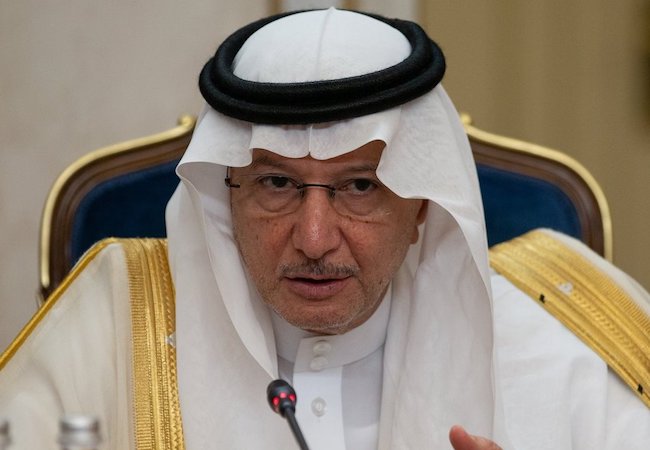Organization of Islamic Cooperation calls to coordinate in the fight against virus

The 57-member Organization of Islamic Cooperation (OIC) called on the governments of member states, research institutions, and Muslim scholars to boost and coordinate efforts to fight the spread of Covid 19 and to extend all possible help to find a vaccine for the coronavirus disease. Dr. Yousef Al-Othaimeen, OIC secretary-general, said the Muslim world should not stand idle while other countries around the world seek to find a treatment for this global crisis.
Al-Othaimeen stressed his full confidence in the innovation while calling OIC member states to unify efforts to fight this pandemic. Al-Othaimeen also pledged the OIC’s full support to slow the spread of COVID-19, in a statement released recently. Pakistan, an OIC member state, recently called for joint efforts by the OIC member countries against the coronavirus pandemic.
Pakistani Foreign Minister Shah Mahmood Qureshi recently telephoned OIC Secretary-General Al-Othaimeen to discuss the issue. Qureshi called for joint efforts of OIC countries to tackle Corona pandemic challenges. The Pakistani minister discussed the steps taken by the OIC to prevent the spread of the coronavirus pandemic. The OIC had earlier urged its member states to be transparent in their efforts to curb the novel coronavirus.
OIC secretary-general urged all member states to be more transparent and cooperative. The organization said it “welcomed the efforts” made by members to contain the COVID-19 disease and “prevent its spread.” The coronavirus emerged in Wuhan, China last December, and has since spread across the globe. Qureshi welcomed the OIC secretary-general’s recent statement regarding the finding of a solution to this pandemic challenge by research institutions and scientists.
Referring to the efforts made by the international community to fight the pandemic, Al-Othaimeen welcomed the statement released on March 26, 2020, after the extraordinary virtual G-20 Leaders’ Summit, which was convened under the chairmanship of the Custodian of the Two Holy Mosques King Salman Bin Abdulaziz of Saudi Arabia, committing to forge a coordinated and sustained global response to the COVID-19 pandemic.
Al-Othaimeen also appreciated the G20 leaders’ commitment to take all necessary measures to contain the COVID-19 and protect people, as well as to use all available policy tools to minimize the economic and social cost of the pandemic and to restore global growth, maintain market stability, and strengthen economic resilience.
He noted that the alarming social and economic effect of the COVID-19 clearly emphasizes the urgency for a coordinated global response to fight the pandemic, adopting measures to safeguard the global economy, minimizing trade disruption and enhancing cooperation among nations.
In this context, OIC secretary-general said that the outcome of the extraordinary G-20 leaders’ virtual summit provided a good basis for the coordinated global fight against the pandemic, from which no country is immune. Al-Othaimeen reiterated OIC’s resolve to support the implementation of the commitments made by the G20 Leaders towards addressing the challenges posed by the COVID-19 pandemic as well as promoting the wellbeing of people, especially vulnerable groups.
The global death toll from coronavirus climbed over 40,000 on March 29, according to figures compiled by U.S.-based Johns Hopkins University. The virus is known as COVID-19, which emerged in Wuhan, China last December has spread to at least 179 countries and regions around the globe, while confirmed cases have exceeded 838,000. While the death toll stands at 41,261, a total of 175,737 people diagnosed with the virus globally have recovered.
Italy, Spain, China, and Iran continue to be the most affected countries. The U.S. has reported the most number of cases — more than 177,000 — with 3,440 fatalities. Italy has reported the highest number of deaths from the virus with 12,428 fatalities, followed by Spain at 8,269 and China at 3,309. Iran has reported 2,898 deaths from the virus. Many countries have restricted flights from the most affected places and implemented lockdowns as the World Health Organization declared the outbreak a pandemic and Europe the new epicenter of the outbreak.
The OIC is the second largest inter-governmental organization after the United Nations, with the membership of 57 states, covering four continents. The OIC is the collective voice of the Muslim world to ensure and safeguard their interest in economic socio and political areas. The OIC has institutions, which implement its programs. Its headquarters is in Jeddah, Saudi Arabia. The OIC holds periodically the Islamic summit, which includes kings, heads of state, and the governments of member states.




